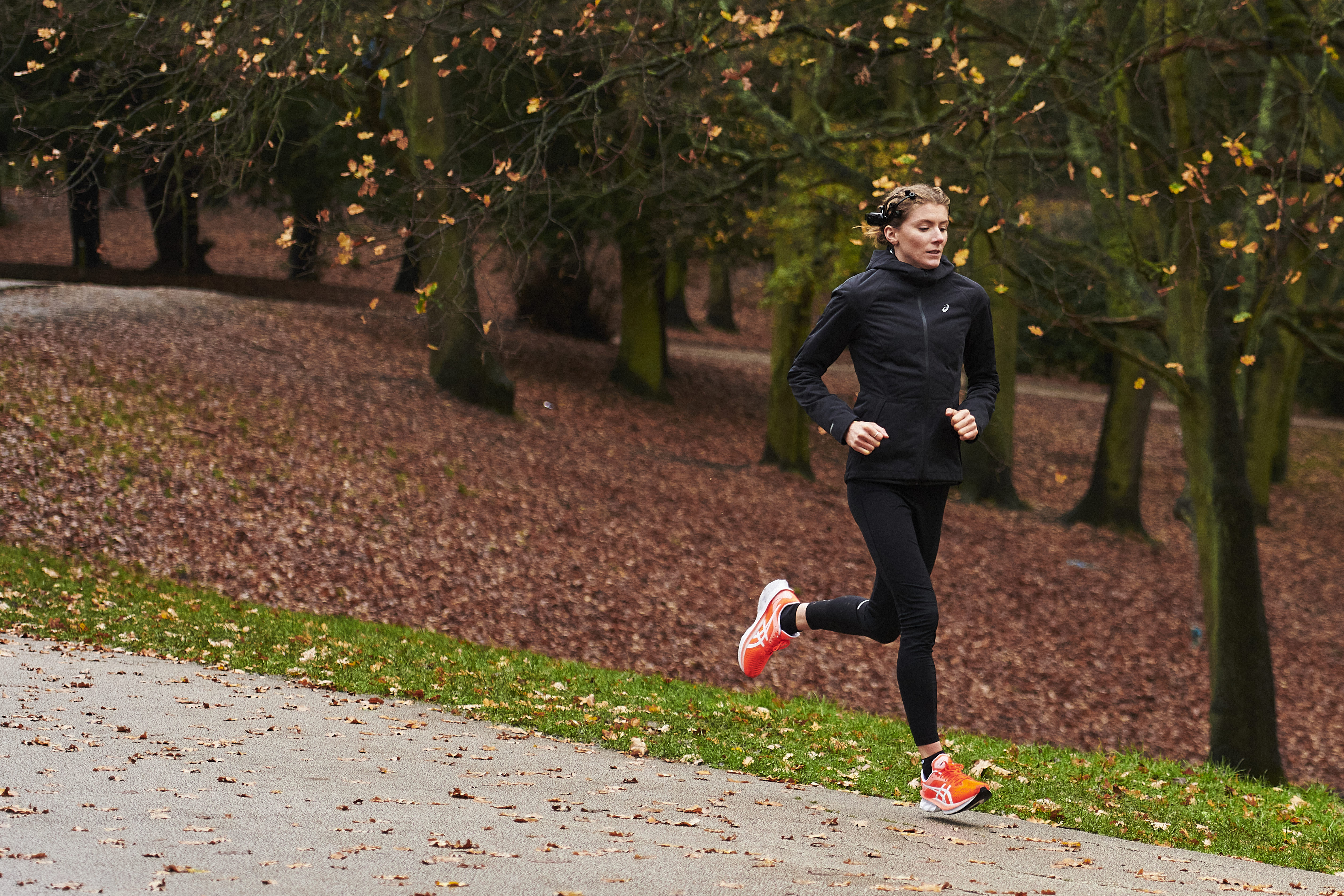Asics returns to its roots
As the world faces the risk of a mental health pandemic, Asics renews its commitment to keep the mind active through sport.

As the world faces the risk of a mental health pandemic, Asics today announced a renewed commitment to using the power of sport to lift the world. Starting in 2021 and in the years to follow, Asics will support more and more people to experience the transformative power of sport, not only on the body but also on the mind. Through research and innovation, Asics wants to promote projects that inspire people to move in order to achieve physical and mental well-being.
Moving Minds since 1949
Asics, which stands for the Latin phrase Anima Sana In Corpore Sano, has always believed in the positive impact of sport on the mind. The founder of Asics, Kihachiro Onitsuka, noted how sport had the ability to bring hope and uplift post-war Japan. Today, the original philosophy of Asics is perhaps more relevant than ever. Which is why the company is returning to its roots and putting ‘Anima Sana In Corpore Sano’ back at the heart of its business.
Moving Minds through research and innovation
In 2021, Asics will undertake a research project on the positive impact of sport on mental well-being. The research project will use cutting-edge biometric technologies to discover the true impact of sport on the minds of thousands of participants worldwide. In preparation for the full launch of the research project, Asics has also conducted a feasibility study using a group of elite athletes – including Beth Potter, British Olympic athlete and European triathlon champion – and everyday athletes as the basis for comparison.
Measuring Moving Minds
Under the supervision of Dr Brendon Stubbs, a leading researcher on exercise and mental health at King’s College London, the study measured a number of brain pathways known to influence the emotional and cognitive elements of mental well-being. It found that after a short period of physical activity, everyday athletes experienced an overall emotional improvement of up to 29% in their ability to cope with stress and an increase of up to 18% in their level of relaxation. They also reported a significant decrease in negative emotions such as frustration (up to 135%) as well as being up to 28% less likely to make rash decisions and react negatively to challenges or changes.
With regard to brain pathways associated with cognitive performance, everyday athletes recorded a significant improvement after a short sporting activity. This includes an increase of up to 26% in brain processing speed, an improvement of up to 21% in memory and a reduction of up to 58% in cognitive stress levels, of which some symptoms are anxiety, forgetfulness and disorganisation. Interestingly, both emotional and cognitive improvements were greater among ‘everyday athletes’ than among elite athletes. Following this initial feasibility study, Asics will continue to conduct the experiment on all athletes, elite athletes and everyday athletes. The results of this research project will be used to develop future innovations that unlock the mental benefits of sport and exercise for athletes of all levels.

